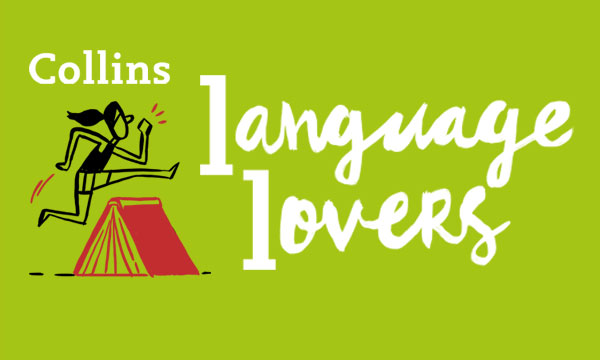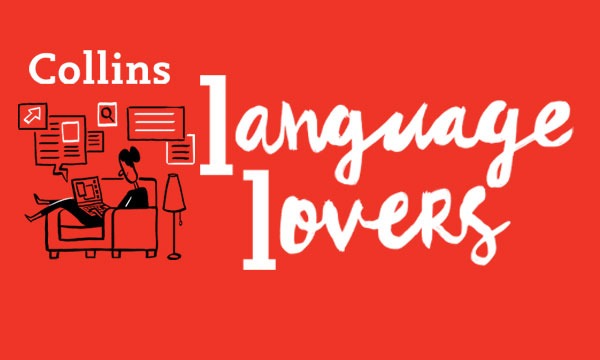It’s a year of sport ahead! We’re kicking off with the Commonwealth Games, an annual multi-sport international competition held every four years. This year, the event will be held in Birmingham, and it has grown from 11 countries and 400 athletes to over 4,600 people across 72 nations and territories since the first event in 1930. In this blog, we’ll explore the etymology of a selection of popular commonwealth sports.
Before we dive in, let’s take a moment to understand what the Commonwealth is. The first citation of the word itself is from the mid-15th century, meaning a whole body of people in a state with a shared interest. The modern Commonwealth is an organization which consists of the United Kingdom and many of the countries that were previously British dependencies including Nigeria, Canada, India, Singapore, Jamaica, Australia, and many more.
Aquatics
First up are aquatics, an all-encompassing term for sports performed in or on the water, which includes swimming, diving, water polo and boat racing. Swimming was featured as a core sport in one of the first versions of the Commonwealth Games, held during the Festival of (the) Empire in 1911, alongside boxing, wrestling and athletics.
The use of the term aquatic in relation to sport didn’t appear until the 19thcentury, but aquatic as a general term – which was later applied to vegetation or wildlife – originated in the late 15th century and meant ‘pertaining to water’, taking its roots from the Latin aquaticus, meaning ‘growing in water’ or ‘bringing rain’.
Badminton
An unusual word to apply to a sport, no? Typically played by two to four people on a court with a high net and a shuttlecock (more on that shortly), badminton is not an eclectic mash of Latin, Old French, Greek or any other formative languages. It was named after the Gloucestershire seat of the Duke of Beaufort, Badminton House, where the game was first played in England by British officers who had been stationed in India.
Alright, so what about a shuttlecock? It is a compound of shuttle, meaning to move rapidly to and fro, and cock, which in this case means the mechanical sense such as the action of triggering, as you would cock a firearm. Shuttlecock predates badminton by at least 300 years in the English language and a few thousand years in China, where shuttlecock games were recorded as early as the 5th century BC.
Cricket
Not to be confused with the sprightly insect that rubs its wings together to create a loud chirping sound, cricket is an outdoor game played between two teams where players attempt to score points by hitting a hard, round ball with a wooden bat. Cricket is a prominent sport in the Commonwealth, with international events such as The Ashes Series and the ICC Cricket World Cup.
The sport is believed to have originated in south-east England in the late 16th century – where children living in the dense woodlands and clearings of Kent and Sussex played – and formal Test cricket matches began from 1877, bringing the sport into the public consciousness as a popular pastime. The word originates from either the Old French croquet, meaning goal post or stick, or the Middle Flemish cricke, meaning stick or staff.
Gymnastics
Gymnastics is a sport that consists of different physical exercises that develop strength, co-ordination and ease of movement. They are often grouped into three different divisions: artistic, rhythmic and trampoline. Gymnastics have long been a part of human culture, originating in ancient Greece where young warriors undertook intense physical and mental training in preparation for war.
This gives the word interesting etymological roots. The word stems from the Greek gymnos, meaning naked, which is appropriate given that many of the young men trained in the nude. This root also forms gymnastikos, which means fond of or skilled in bodily exercise. Since ancient times, gymnastics has been a hugely popular sport, appearing prominently in the first modern Olympics in 1896 and taking pride of place in the Commonwealth Games.
Judo
A martial art born in Japan, judo is a sport in which two people attempt to throw each other to the ground using minimal effort and control, as opposed to brute force. It was created in 1882 by combining jujitsu with mental discipline and, according to the Japanese Ministry of Foreign Affairs, it has close links with sumo.
The main difference between judo and jujitsu is judo bans dangerous throws or blows. This is reflected in the etymology of the word, with ju meaning soft or gentle and dō meaning way, literally ‘the gentle way’. Judo is now considered a core sport in the Commonwealth Games, though it didn’t appear in the Gold Coast games line-up back in 2018.
Triathlon
Last but most certainly not least, we have the triathlon, an impressive feat in which athletes don’t just conquer one sport … they master three. These days, a triathlon consists of swimming, cycling and running, but one of the earliest triathlon events combined clay-pigeon shooting, fly-fishing and horse-jumping, and occasionally, women’s track-and-field competitions blend a 100-metre dash with high jump and shot put.
First appearing in the 1970s, the word triathlon comes from tri, meaning three, and the Greek athlon, meaning contest. It was formed using the similar models of decathlon and biathlon. While the etymology of the word means it could comprise any three sports, swimming, cycling and running are the most common and do appear in the Commonwealth Games.
If you’re interested in more sporting terminology, check out our World Cup banter blog in preparation for this year’s winter event.
By Rachel Quin
Rachel Quin is a freelance marketer and copywriter with a love of language, books and cats.
All opinions expressed on this blog are those of the individual writers, and do not necessarily reflect the opinions or policies of Collins, or its parent company, HarperCollins.



